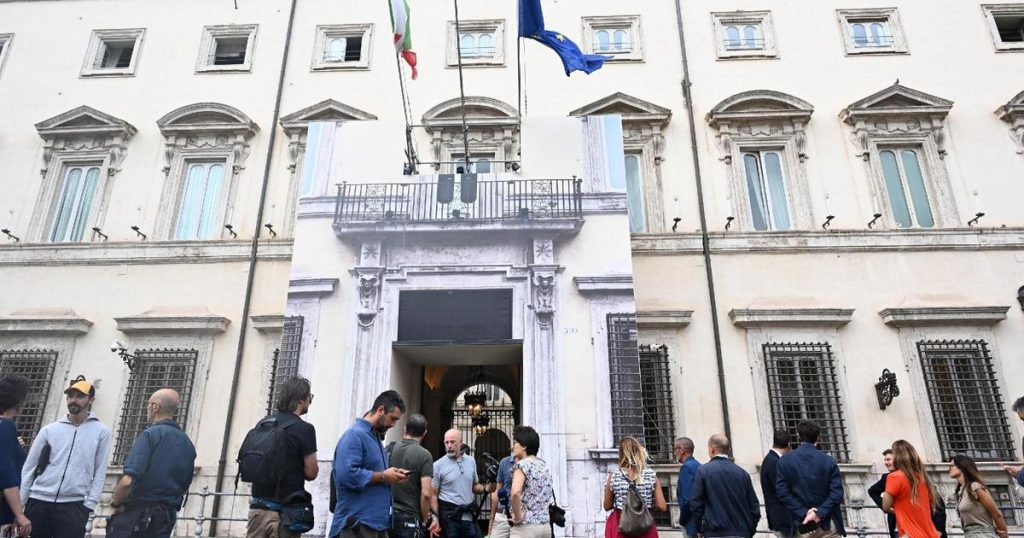The proposed amendment to the defamation law could lead to journalists facing up to four and a half years in prison if they are found guilty of defaming someone through the press. This new provision introduces a new article, Article 13-bis, which specifies that individuals who harm someone’s reputation by attributing false facts via the press can face imprisonment and fines. If the accused is known to be innocent, the penalty can be increased by up to half, resulting in a longer prison sentence. The previous Article 13 of the press law, declared unconstitutional by the Constitutional Court in 2021, had been criticized for allowing for imprisonment, contrary to European Court of Human Rights rulings.
In addition to addressing defamation, the proposed amendment also aims to combat “fake news” by introducing Article 595-bis to the legal system. This article targets individuals who deliberately spread false information through advertising or public acts, with penalties including imprisonment and fines. The severity of the punishment increases if the false claims are made against a political, administrative, or judicial body, further emphasizing the consequences for spreading misinformation. These measures have sparked debates within the government, with discussions on how to balance free speech with legal accountability.
Members of Parliament and political parties have expressed differing opinions on the proposed amendments. While some argue that penalizing journalists with imprisonment for defamation goes against freedom of the press, others believe that holding individuals accountable for spreading false information is necessary to protect individuals’ reputations and ensure accurate reporting. The discussions within the government reflect broader concerns about balancing press freedom with legal measures to prevent defamation and misinformation.
The opposition, particularly the Democratic Party, has strongly criticized the proposed amendments, describing them as a threat to press freedom and an attempt to intimidate journalists. They argue that the amendments, which include the possibility of imprisoning journalists for defamation, are a step backward in terms of protecting journalists’ rights and could have a chilling effect on investigative reporting. The proposed measures have raised concerns about the government’s commitment to upholding constitutional principles and ensuring a free and independent press.
Journalist associations, such as Fnsi and Usigrai, have condemned the proposed amendments as an attack on press freedom and a sign of the government’s fear of independent journalism. They argue that imposing prison sentences on journalists for what is deemed to be “serious defamation” would hinder investigative reporting and stifle freedom of expression. The actions of the government, in their view, could lead to a regression in international rankings on press freedom, undermining Italy’s democratic principles and constitutional rights. The concerns raised reflect broader societal debates on the importance of a free press in a democratic society and the need to strike a balance between protecting individuals’ reputations and upholding freedom of expression.















